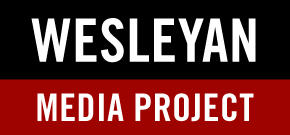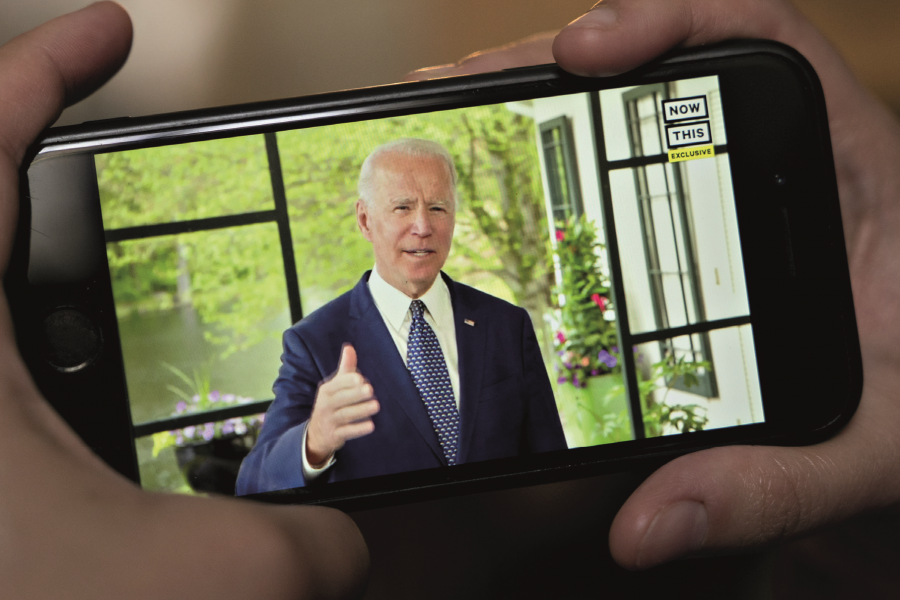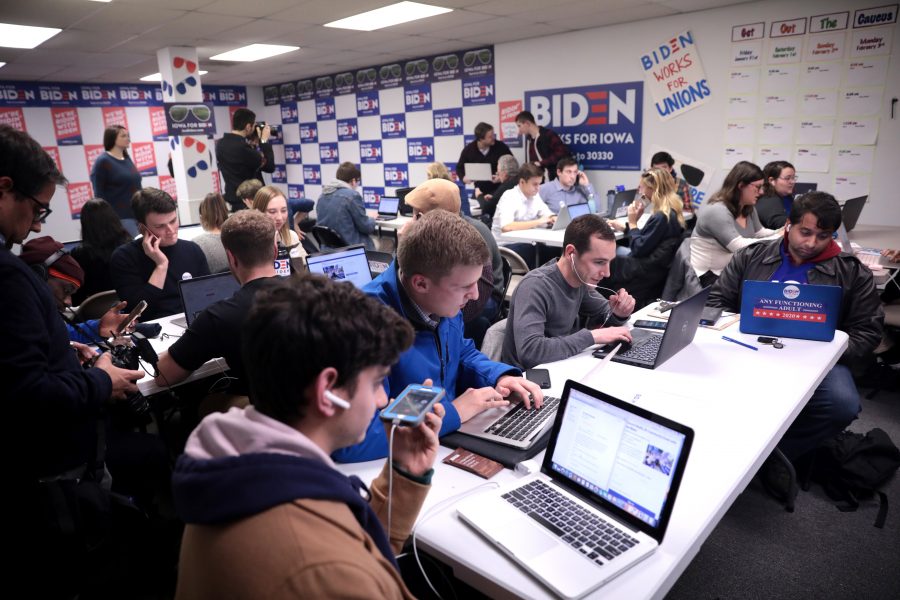Updated Book on Political Advertising Released

The second edition of Political Advertising in the United States, written by the Wesleyan Media Project’s co-directors, has been released. The book, by Erika Franklin Fowler, Michael M. Franz and Travis N. Ridout, examines the volume, distribution, content, and effects of political advertising in congressional and presidential elections. The book considers the role of television ads using extensive data on ad airings on local broadcast stations. It also analyzes newly available data on paid digital ads, including ads on Facebook, Instagram, Google, and YouTube. The book covers the role of outside groups in airing ads, including the rise of dark…
Wesleyan Media ProjectNovember 19, 2021




